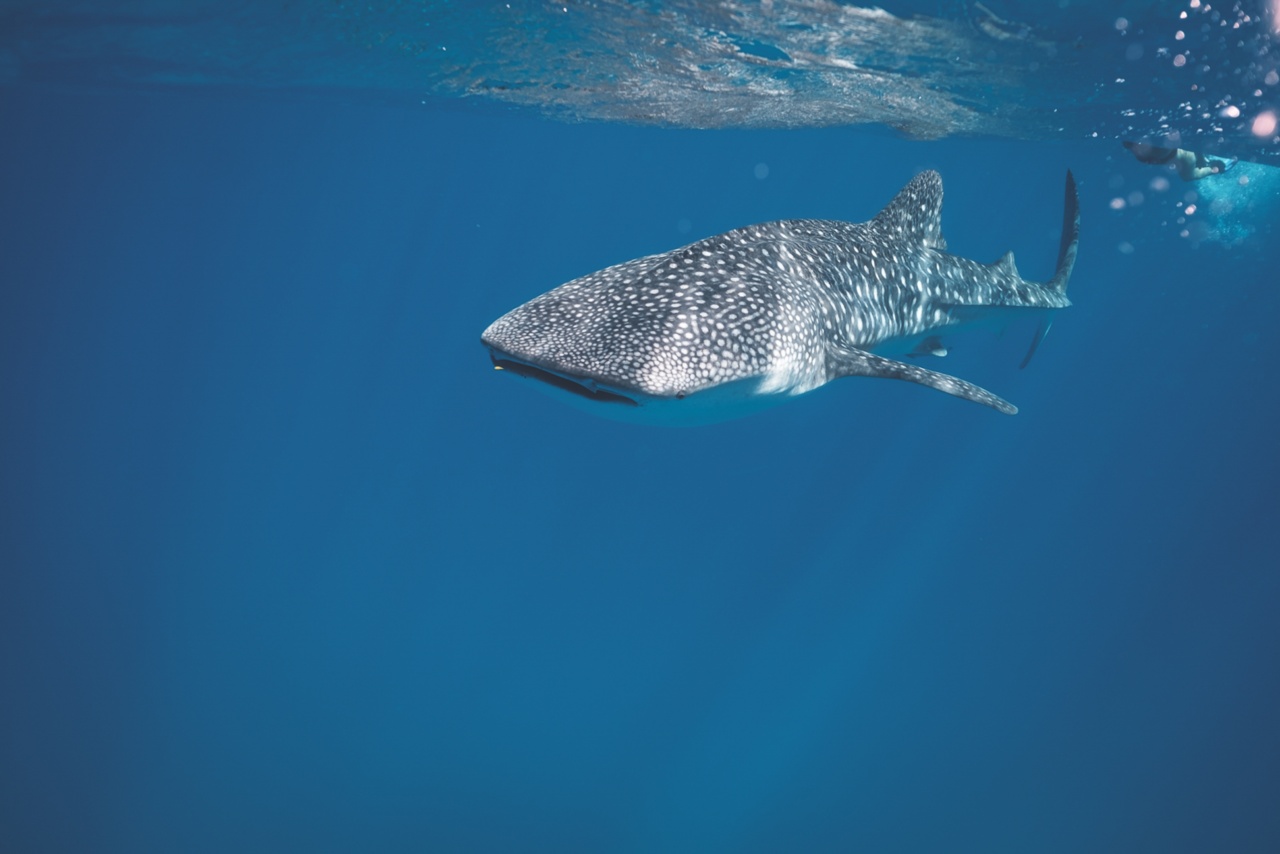When it comes to maintaining a healthy diet during pregnancy, one important consideration is the type of fish that expectant mothers should consume.
While fish is generally considered an excellent source of protein and omega-3 fatty acids, some species can be harmful to both the mother and the developing fetus due to their high levels of mercury and other contaminants. This article aims to shed light on the dangers of certain fish during pregnancy and provide guidance on making safe and nutritious choices for expectant mothers.
The Role of Fish in a Healthy Pregnancy Diet
Fish is widely recognized for its health benefits, especially during pregnancy. It is an excellent source of high-quality protein, which is essential for the development of the baby’s tissues and organs.
Additionally, fish is rich in omega-3 fatty acids, particularly docosahexaenoic acid (DHA) and eicosapentaenoic acid (EPA), which play a crucial role in the development of the baby’s brain and eyes.
Eating fish during pregnancy has been linked to various positive outcomes, including improved cognitive development in children and a reduced risk of preterm labor.
However, it is crucial to choose fish varieties that are low in mercury to avoid potential harm to the fetus.
The Dangers of Mercury in Fish
Mercury is a toxic metal that can accumulate in the body, posing significant health risks.
When a pregnant woman consumes fish with high levels of mercury, the substance can pass through the placenta and affect the developing brain and nervous system of the fetus.
Exposure to high levels of mercury during pregnancy has been associated with various adverse effects on the baby’s cognitive and motor skills, as well as hearing and vision impairments.
It may also lead to an increased risk of developmental delays and behavioral problems later in life.
Fish to Avoid During Pregnancy
Not all fish are created equal when it comes to mercury levels. Certain species tend to accumulate higher levels of mercury and other harmful contaminants.
It is crucial for expectant mothers to be aware of fish varieties that should be avoided during pregnancy to minimize the risks.
Shark
Shark is a type of fish that should be avoided during pregnancy due to its high mercury content. Predatory fish like shark tend to accumulate higher levels of mercury as they consume other smaller fish in their diet.
Swordfish
Swordfish is another fish to be avoided during pregnancy. Similar to shark, swordfish is a large predatory fish with high mercury levels. It is recommended to eliminate swordfish from your diet until after giving birth.
King Mackerel
King mackerel is known to have high mercury levels and should be strictly avoided during pregnancy. Instead, consider consuming other varieties of fish that are lower in mercury.
Tuna
Tuna is a popular fish choice around the world, but not all types of tuna are safe to consume during pregnancy. Some varieties, such as bigeye tuna, have higher mercury levels and should be avoided.
However, light canned tuna, when consumed in moderation, can be a safe choice due to its lower mercury content.
Tilefish
Tilefish is a highly contaminated fish variety and should be avoided during pregnancy. It is particularly important to stay away from this fish if caught in the Gulf of Mexico, where it is known to have higher mercury levels.
Safe Fish Options for Pregnancy
While certain fish should be avoided during pregnancy, there are plenty of other safe and nutritious options to choose from. These fish varieties provide the beneficial nutrients expectant mothers need without the elevated mercury levels.
Salmon
Salmon is an excellent choice during pregnancy due to its high omega-3 fatty acid content and low levels of mercury. It is also a good source of vitamin D, which is essential for both the mother and baby’s bone health.
Rainbow Trout
Rainbow trout is another low-mercury fish that can be safely consumed during pregnancy. It is an excellent source of protein, vitamins, and minerals, making it a nutritious addition to a pregnancy diet.
Sardines
Sardines are small fatty fish that are abundant in omega-3 fatty acids and low in mercury. They are also rich in calcium and vitamin D, promoting the healthy development of the baby’s bones.
Pollock
Pollock is a mild-flavored fish with low mercury levels, making it a safe choice for pregnant women. It is a good source of lean protein, vitamin B12, and potassium.
Shrimp
Shrimp is another seafood option that can be enjoyed during pregnancy. It is low in mercury and high in protein, iodine, and omega-3 fatty acids.
However, it is essential to ensure that the shrimp is thoroughly cooked to avoid potential foodborne illnesses.
Guidelines for Safe Fish Consumption During Pregnancy
While it is crucial to avoid certain fish and choose low-mercury varieties during pregnancy, some general guidelines can help expectant mothers make safe and healthy choices:.
Limit Fish Consumption
It is recommended that pregnant women limit their weekly fish intake to two to three servings (around 8-12 ounces) of low-mercury fish. This ensures a balance between the health benefits of fish and the potential risks associated with mercury exposure.
Choose Variety
By consuming a variety of fish, expectant mothers can reduce their exposure to specific contaminants that may be present in a particular species.
Avoid Raw and Uncooked Fish
Raw or uncooked fish, such as sushi or sashimi, should be avoided during pregnancy due to the risk of bacterial or parasitic infections. These infections, such as listeria or toxoplasmosis, can pose serious health risks to both the mother and the baby.
Cook Fish Thoroughly
Properly cooking fish can help eliminate potential bacteria and parasites, ensuring food safety. Fish should be cooked until it reaches an internal temperature of 145°F (63°C) to kill any harmful microorganisms.
Be Mindful of Fish from Local Waters
When consuming fish caught from local waters, it is crucial to check for any advisories regarding mercury levels or other contaminants.
Local health departments or environmental agencies can provide information on the safety of fish from specific water bodies.
Conclusion
While fish is undeniably a valuable component of a healthy diet, pregnant women need to be cautious about their fish choices to ensure the safety of both themselves and their babies.
By avoiding high-mercury fish varieties and opting for low-mercury alternatives, expectant mothers can enjoy the numerous health benefits that fish provide without compromising their wellbeing. As always, consulting with a healthcare professional is essential in creating a personalized and safe diet plan during pregnancy.

























